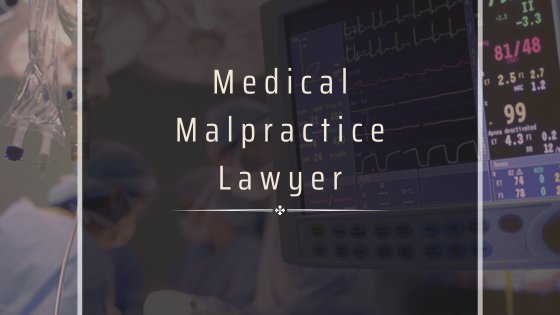When medical treatment goes wrong, the aftermath can be devastating—physically, emotionally, and financially. But not every negative outcome is the result of malpractice. Sometimes, it’s a genuine mistake. Other times, it’s a breach of professional duty that warrants legal action. Understanding the difference is crucial if you’re considering a claim. This article breaks down how to tell whether what happened to you qualifies as medical malpractice, and what steps to take next.
Understanding the Difference Between Error and Malpractice
Doctors are human. They make mistakes. But the law doesn’t hold them accountable for every error—only those that fall below the accepted standard of care and cause harm. A simple mistake, like prescribing the wrong medication but catching it before damage occurs, may not be malpractice. Malpractice requires more: a duty of care, a breach of that duty, direct causation, and measurable damages.
For example, if a doctor fails to diagnose a serious condition despite clear symptoms, and that delay leads to permanent injury or death, that’s more than a mistake. It’s a failure to meet the standard expected of a competent professional. That’s the legal threshold for malpractice.
Common Scenarios That May Qualify as Medical Malpractice
Medical malpractice lawyers often see recurring patterns in the cases they handle. Misdiagnosis or delayed diagnosis is one of the most common. If a doctor overlooks obvious signs of illness or fails to order necessary tests, and the patient suffers as a result, that’s a red flag.
Surgical errors are another major category. Operating on the wrong body part, leaving instruments inside the patient, or performing unnecessary procedures can all lead to serious consequences. Birth injuries, such as those caused by delayed C-sections or improper use of forceps, often result in lifelong complications and are frequently litigated.
Medication errors—prescribing contraindicated drugs, ignoring allergies, or giving incorrect dosages—can also be grounds for a claim. And when a provider fails to obtain informed consent before a procedure, they may be held liable if the patient suffers harm they weren’t warned about.

How to Know If You Have a Case
If you’re unsure whether your experience qualifies as malpractice, start by asking a few key questions. Was the care you received below professional standards? Would another competent doctor have acted differently? Did the mistake cause serious harm—physical, emotional, or financial? Do you have documentation, such as medical records or test results, that support your claim?
A second opinion from another healthcare provider can also help clarify whether malpractice occurred. But ultimately, the best way to know is to speak with a qualified medical malpractice lawyer. They can evaluate your case, gather expert testimony, and determine whether you have a viable claim.
Why Legal Representation Matters
Medical malpractice cases are complex. Hospitals and insurance companies have legal teams trained to minimize payouts and protect their reputations. You need someone who understands both the medical and legal aspects of your case—and who can advocate for your rights with authority.
That’s where firms like Moseley Collins Law come in. With decades of experience handling serious injury and malpractice claims, they know how to uncover negligence, build strong cases, and fight for fair compensation. Whether you’re dealing with a botched surgery, a missed diagnosis, or a birth injury, their team can guide you through every step of the process.
What You Can Recover
If your case is successful, you may be entitled to compensation for medical expenses, lost wages, pain and suffering, and in some cases, punitive damages. Some states place limits on certain types of damages, and statutes of limitations vary, so timing is critical.
Even if you’re unsure, a consultation can clarify your options. Most reputable firms—including Moseley Collins Law—offer free case evaluations and work on contingency, meaning you pay nothing unless they win.
Conclusion: Take Action Before It’s Too Late
If you suspect malpractice, don’t wait. Evidence can disappear, memories fade, and legal deadlines pass. The sooner you speak with a medical malpractice lawyer, the better your chances of building a strong case.
Not every medical error is malpractice. But if you’ve suffered serious harm due to a provider’s negligence, you deserve answers—and possibly compensation. A skilled attorney can help you determine whether you have a case and fight for the justice you deserve.
Moseley Collins Law
980 9th St 16th floor, Sacramento, CA 95814
(916) 444-4444